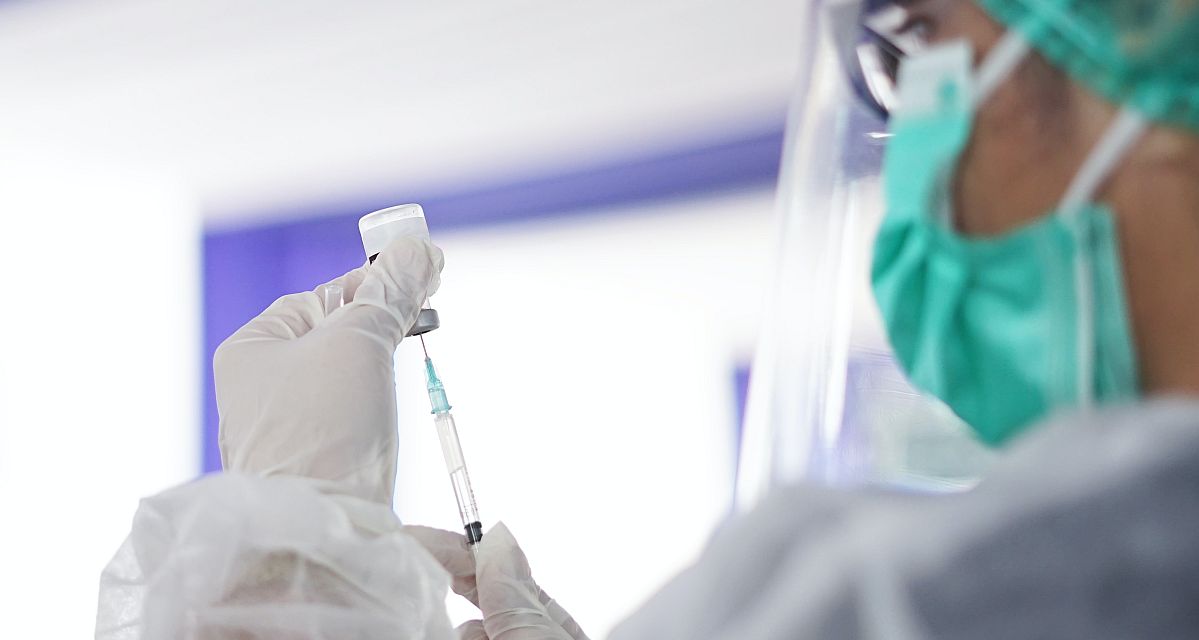
The dozing of their first patient marks the start of phase II clinical trials for BioVersys ‘ BV100. With the granted approval and completion of the first studies, Aurealius, Alentis and Anokion are preparing to enter the new phase.
Bioversys focuses on the research and development of small molecules for multidrug-resistant bacterial infections with applications in antimicrobial resistance (AMR) and targeted microbiome modulation. Its lead candidate BV100 is a novel formulation of rifabutin suitable for intravenous administration. BV100 is based on the newly identified mode of action for active uptake of rifabutin into the Acinetobacter baumannii-calcoaceticus complex, thus rendering the bacteria hypersensitive to rifabutin. BV100 is being developed for hospital infections caused by Acinetobacter baumannii, including carbapenem-resistant strains (CRAB), which ranks on the highest priority of the WHO and CDC list of priority pathogens. There is a serious lack of effective and safe treatment options for CRAB infections and mortality rates in the hospital can be as high as 50%
The company has dosed the first patient with BV100 as part of a multicenter, open-label, randomized, active-controlled, Phase II study to evaluate the pharmacokinetics, efficacy, and safety of BV100 in adult patients with ventilator-associated bacterial pneumonia (VABP) suspected or confirmed to be due to CRAB.
Getting ready for Phase 2
Aurealis Therapeutics, a Swiss-Finnish private clinical-stage synthetic biology company focusing on the development of lactic acid bacteria-based GMO cell and gene therapies, obtained clinical trial application (CTA) approval for its lead clinical candidate AUP1602-C in patients with non-healing diabetic foot ulcers (DFU)). The multicenter, randomised study will kick off between the end of MAY and the beginning of June in Italy, Germany, and Poland.
AUP-16 is a genetically engineered Lactococcus Cremoris, a non-pathogenic, probiotic bacteria, expressing human basic fibroblast growth factor (FGF2, bFGF), interleukin-4 (IL4) and macrophage colony-stimulating factor (CSF1, mCSF) – all in one product and accepted as one active pharmaceutical ingredient from a regulatory perspective. AUP-16 is topically applied on chronic wounds and covered by wound dressing (e.g. in diabetic foot ulcers, venous leg ulcers and pressure ulcers). In the wound AUP-16 acts as millions of bioreactors producing the therapeutic proteins, which are designed to i) halt chronic inflammation in the wound, ii) induce growth of new blood vessels, and iii) promote granulation tissue formation and skin re-epithelization – all in one product.
Alentis gets closer to phase 2
With the completion of its first clinical multiple-ascending dose (MAD) study (part of its first-in-human Phase 1 clinical study) of ALE.F02 targeting Claudin-1 (CLDN1) in patients with fibrosis, Alentis Therapeutics is gearing up for phase 2. For Phase 1, the company enrolled 24 subjects: 18 received the active drug and six received a placebo across three dose levels. Participants were dosed every two weeks. ALE.F02 was found to be safe and well tolerated. Founded in 2019, Alentis is the only company developing potential treatments for solid cancers and fibrosis. The company has an R&D subsidiary in Strasbourg, France and clinical operations in the US.
Anokion, a clinical-stage Swiss biotechnology company focused on prevalent and rare autoimmune diseases, including celiac disease, multiple sclerosis and type 1 diabetes, has also completed its Phase 1 ACeD (Assessment of KAN-101 in Celiac Disease). The trial was a randomized, double-blind, placebo-controlled study in 41 individuals with celiac disease on a gluten-free diet in both single-ascending dose (SAD) and multi-ascending dose (MAD) cohorts. Based on the data from the Phase 1 trial, Anokion initiated its Phase 1b/2 clinical trial, ACeD-it, of KAN-101 in patients with celiac disease in late 2022. The company plans to initiate the Phase 2 portion in 2023, with initial data expected in the first half of 2024.
(Press release/RAN)























































Please login or sign up to comment.
Commenting guidelines